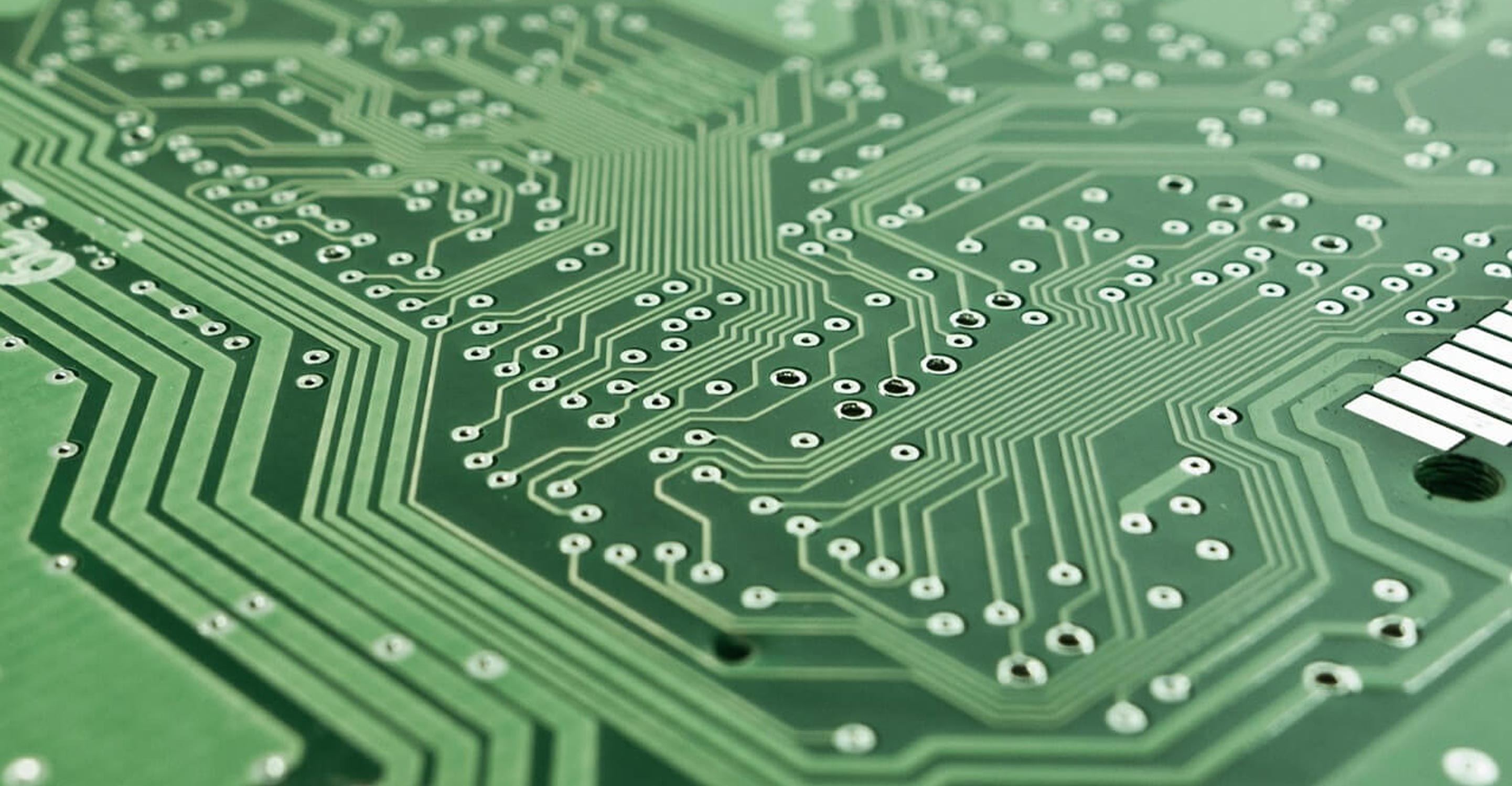Aims and Scopes
Avestia Publishing has initiated the publication of the International Journal of Electrical and Computer Systems (IJECS).
This journal is based on the continuous model in English and adopts the open-access model, meaning all interested audience have free access to the journal's homepage and articles with no need for subscription. This ensures larger audience and therefore higher citations.
Users are allowed to read, download, copy, distribute, print, search, or link to the full texts of the articles in this journal without asking prior permission from the publisher or the author. This is in accordance with the BOAI definition of open access.
All published papers of IJECS will be submitted to Google Scholar, Index Copernicus International, Academic Index, Primo Central, and Genamics JournalSeek. We are in the process of submitting all published papers to Microsoft Academic Search, Open J-Gate, and Mendeley for indexing. Additionally, IJECS will also be permanently archived in Portico (one of the largest community-supported digital archives in the world) and each article will be assigned unique DOIs by CrossRef.
IJECS is high quality peer-reviewed journal, where every article will be peer-reviewed by several experts in the field. Upon acceptance, articles will be published in the latest open volume. One continuous volume per year is published. IJECS welcomes research and review papers related to:
- Artificial and Computational Intelligence
- Artificial Neural Networks
- Automatic Control Technology
- Biological Signal Processing
- Biomedical Informatics
- Biometrics
- Broadband, ATM, and Multimedia Networks
- CAD/CASE of Software and Systems
- Client-Server Systems
- Coding and Information Theory
- Collaborative Virtual Environments
- Communication Systems
- Computational and Interactive Video
- Computer Aided Design
- Computer Graphics and Animation
- Computer Resource Management
- Computer and Software Security
- Computer Vision
- Control Systems
- Control Theory and Engineering
- Database Systems
- Design and Management of Distributed Application Systems
- Detection Technology and Automatic Equipment
- Digital Libraries
- Electric Machines and Electric Apparatus
- Electrical Power Engineering
- Fuzzy Systems
- High Voltage and Insulation Technology
- Human-Computer Interaction
- Image Processing Systems
- Instrumentation and Detection Control
- Knowledge-Based Systems
- Machine Learning
- Mechatronics
- Medical Decision Support Systems
- Medical Imaging and Processing
- Microwaves and Electromagnetics
- Model Driven Software Engineering
- Modelling and Simulation
- Multimedia Systems and Applications
- Network Computing
- Network Management
- Network Security
- Object Oriented Systems
- Optimization
- Pattern Classification
- Performance Analysis
- Photonics
- Portable and Mobile Communication Systems
- Power Electronics
- Power System and Automation
- Real-Time and Distributed Computing
- Robotics
- Semiconductor Devices
- Sensor Networks
- Signal Processing
- Social User Interfaces
- Software Engineering
- Software Evolution and Change Management
- Software Product Lines
- Software Quality Assurance and Control
- Software Reuse
- Software Verification and Validation
- Solid State Devices and Integrated Circuit Technology
- Swarm Intelligence
- Telemedicine
- Test Measurement Technology
- Unified Modeling Languages
- Virtual and Augmented Reality
- Virtual and Digital Art
- Virtual Worlds and Virtual Characters
- VLSI Design
- Wireless Data Networks
Propose a Special Topic
Researchers interested in editing/co-editing special topics are encouraged to send a written proposal to: ijecs@avestia.com.
The proposal should contain the full names and affiliations of the editors, their research background and academic CV, and a detailed description regarding the special topic including:
- Name of the topic
- Research areas covered in the topic
- The exact timeline (the dates for: first call for papers, deadline for submissions, author notifications, major revisions, publication)


